Home>Technology>Home Office Tech>How To Become A Charging Station Installer
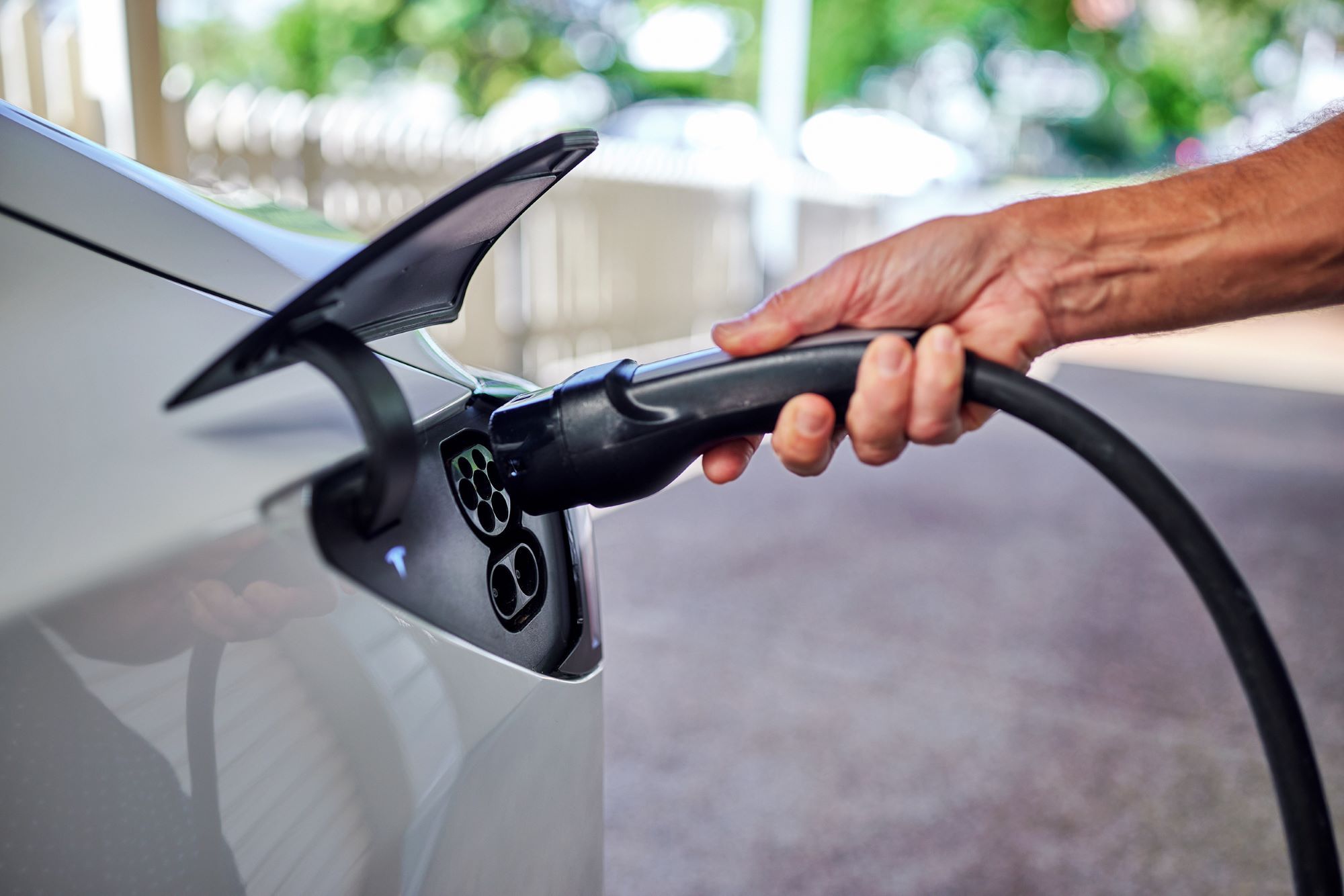

Home Office Tech
How To Become A Charging Station Installer
Modified: February 25, 2024
Learn how to become a charging station installer and start a career in the growing home office tech industry. Gain the skills and knowledge needed to succeed in this rewarding field.
(Many of the links in this article redirect to a specific reviewed product. Your purchase of these products through affiliate links helps to generate commission for Storables.com, at no extra cost. Learn more)
Introduction
Are you passionate about green energy and the future of transportation? Are you looking for a rewarding career that combines technical skills with environmental consciousness? If so, becoming a charging station installer might be the perfect path for you. As electric vehicles (EVs) continue to gain popularity and the world shifts towards sustainable energy solutions, the demand for charging infrastructure is on the rise. In this article, we will explore the steps to becoming a charging station installer, from understanding the role to gaining the necessary training and experience.
Installing charging stations for electric vehicles is a crucial aspect of supporting the widespread adoption of EVs. As a charging station installer, you will play a vital role in expanding the infrastructure needed to accommodate the growing number of electric vehicles on the road. This career not only offers the satisfaction of contributing to a cleaner environment but also provides opportunities for professional growth in a rapidly evolving industry.
In the sections that follow, we will delve into the educational requirements, training, certifications, and practical experience needed to excel in this field. Additionally, we will discuss the importance of understanding local building codes and regulations, as well as strategies for finding job opportunities in this specialized field. Whether you are an electrician looking to diversify your skill set or a newcomer to the electrical industry, this guide will equip you with the knowledge and insights to embark on a fulfilling career as a charging station installer.
Key Takeaways:
- Becoming a charging station installer involves learning about electrical systems, gaining hands-on experience, and obtaining certifications to support the growth of electric vehicle infrastructure and contribute to a cleaner environment.
- To excel as a charging station installer, it’s essential to understand local building codes, network within the renewable energy industry, and stay updated on job opportunities to play a vital role in shaping the future of sustainable transportation.
Read more: How To Install A Car Charging Station
Understanding the Role of a Charging Station Installer
As a charging station installer, your primary responsibility is to set up and maintain electric vehicle charging infrastructure. This involves installing charging units at various locations, such as residential complexes, commercial properties, and public spaces. Your role goes beyond simply mounting the physical charging equipment; it encompasses a thorough understanding of electrical systems, safety protocols, and the specific requirements of different charging technologies.
One of the key aspects of the job is assessing the electrical capacity of the installation site to ensure it can support the charging station’s power requirements. This may involve collaborating with electricians, property owners, and local authorities to conduct site surveys and determine the most suitable placement for the charging equipment. Additionally, you will need to be proficient in reading and interpreting electrical blueprints and diagrams to ensure accurate and compliant installations.
Furthermore, your role may extend to troubleshooting and repairing charging stations, addressing technical issues, and performing routine maintenance to keep the equipment in optimal working condition. As the demand for EV charging infrastructure continues to grow, charging station installers are increasingly becoming integral to the expansion and upkeep of these vital systems.
Effective communication skills are essential in this role, as you may need to liaise with clients, project managers, and other stakeholders to coordinate installation projects and provide clear instructions on the operation and maintenance of the charging stations. Moreover, staying updated on the latest advancements in EV charging technology and industry standards is crucial for delivering high-quality and future-proof installations.
By fulfilling the role of a charging station installer, you contribute to the advancement of sustainable transportation and play a part in shaping the infrastructure that supports the widespread adoption of electric vehicles. This dynamic and impactful position offers a blend of technical expertise, problem-solving, and environmental stewardship, making it an appealing career choice for individuals passionate about clean energy and innovation.
Educational Requirements and Training
To embark on a career as a charging station installer, it is beneficial to have a strong foundation in electrical systems and relevant technical knowledge. While a formal college degree is not always mandatory, completing a post-secondary program in electrical engineering, electrical technology, or a related field can provide a comprehensive understanding of electrical principles and systems. Additionally, vocational or trade schools often offer specialized programs focused on electrical installations and renewable energy technologies, which can serve as valuable educational pathways for aspiring charging station installers.
Furthermore, pursuing apprenticeships or on-the-job training under the guidance of experienced electricians or charging station installation professionals can offer practical insights and hands-on experience in the field. This real-world exposure is invaluable for gaining a deep understanding of electrical installations and honing the skills necessary for successful charging station deployments.
Given the evolving nature of electric vehicle technology and charging infrastructure, staying abreast of industry developments through continuous learning and professional development is crucial. Attending workshops, seminars, and specialized training programs related to EV charging systems and renewable energy can enhance your expertise and keep you informed about the latest advancements in the field.
Moreover, obtaining certifications from recognized organizations, such as the North American Board of Certified Energy Practitioners (NABCEP) or the Electronic Technicians Association (ETA), can demonstrate your proficiency and commitment to excellence in the installation and maintenance of charging stations. These certifications validate your skill set and can enhance your credibility as a qualified charging station installer.
While formal education provides a strong theoretical foundation, practical experience and specialized training are equally essential for mastering the intricacies of installing and servicing charging stations. By combining educational pursuits with hands-on learning opportunities, aspiring charging station installers can build a well-rounded skill set and position themselves for success in this dynamic and impactful field.
Gaining Relevant Experience
Acquiring practical experience is integral to becoming a proficient charging station installer. One effective way to gain relevant experience is by seeking employment or apprenticeships with electrical contractors, renewable energy companies, or organizations specializing in EV infrastructure. By working alongside seasoned professionals in the field, you can learn the intricacies of electrical installations, familiarize yourself with industry best practices, and acquire hands-on experience in deploying and servicing charging stations.
Participating in projects related to renewable energy and electric vehicle charging can provide valuable exposure to diverse installation scenarios and challenges, allowing you to refine your skills and adapt to various technical requirements. Additionally, collaborating with experienced professionals can offer insights into the practical considerations and safety protocols specific to installing charging infrastructure in different settings, such as residential, commercial, and public environments.
Furthermore, engaging in volunteer opportunities or internships with organizations dedicated to sustainable energy initiatives can broaden your practical knowledge and expose you to the latest trends and innovations in the EV charging industry. These experiences not only contribute to your professional development but also demonstrate your commitment to promoting clean energy solutions and environmental sustainability.
Another avenue for gaining hands-on experience is to actively participate in training programs or workshops focused on electric vehicle charging systems. These practical learning opportunities often involve simulated installation exercises and real-world scenarios, allowing you to apply your theoretical knowledge in a controlled environment and refine your installation techniques under the guidance of experienced instructors.
By actively seeking out diverse experiences and learning opportunities in the realm of electric vehicle charging infrastructure, you can cultivate the practical skills and industry-specific insights essential for excelling as a charging station installer. Embracing a proactive and inquisitive approach to gaining experience can set the stage for a successful and fulfilling career in this rapidly evolving and impactful field.
Consider getting certified as an electrician or in renewable energy to gain the necessary skills and knowledge for installing charging stations.
Obtaining Necessary Certifications and Licenses
Securing relevant certifications and licenses is a pivotal step in establishing credibility and expertise as a charging station installer. While specific requirements may vary by region, obtaining certifications from reputable organizations can validate your proficiency in installing and maintaining electric vehicle charging infrastructure. One widely recognized certification in the renewable energy industry is the North American Board of Certified Energy Practitioners (NABCEP) certification, which signifies a high level of competence in the design and installation of renewable energy systems, including electric vehicle charging stations.
Additionally, pursuing certifications from manufacturers of charging equipment, such as Tesla, ChargePoint, or other prominent EV charging technology providers, can demonstrate your familiarity with their products and installation protocols. These manufacturer-specific certifications often equip installers with in-depth knowledge of the respective charging systems and may be required or preferred by clients and employers seeking qualified professionals to install their specific charging solutions.
Moreover, acquiring relevant electrical licenses and permits is essential for legally performing charging station installations in accordance with local regulations. Depending on the jurisdiction, this may involve obtaining an electrician’s license, a renewable energy installer license, or other credentials mandated by regulatory bodies overseeing electrical work and renewable energy installations. Adhering to licensing requirements not only ensures compliance with industry standards and safety regulations but also instills trust and confidence in your capabilities as a certified and authorized charging station installer.
Continuing education and recertification are crucial for staying current with evolving industry standards and technological advancements. Renewing and updating your certifications at regular intervals demonstrates your commitment to maintaining proficiency in the field and underscores your dedication to delivering high-quality and up-to-date charging infrastructure solutions.
By diligently pursuing relevant certifications and licenses, you can establish yourself as a reputable and qualified charging station installer, equipped with the knowledge and credentials necessary to excel in the dynamic and rapidly expanding realm of electric vehicle charging infrastructure.
Read more: How To Install Tesla Charging Station
Understanding Local Building Codes and Regulations
Comprehending and adhering to local building codes and regulations is paramount for charging station installers to ensure the safe and compliant deployment of electric vehicle charging infrastructure. Building codes, established by governmental authorities and regulatory bodies, outline the standards and specifications that must be met when installing electrical systems, including charging stations, within a given jurisdiction.
Prior to initiating any installation project, it is imperative to familiarize yourself with the specific building codes and regulations applicable to the region where the charging infrastructure will be deployed. This may encompass requirements related to electrical wiring, equipment placement, load capacity, grounding, and safety measures, among other critical considerations. By thoroughly understanding and incorporating these regulations into your installation practices, you can uphold the integrity and safety of the charging infrastructure while ensuring compliance with legal and regulatory frameworks.
Collaborating with licensed electricians and professionals well-versed in local building codes can provide valuable insights and guidance on navigating the regulatory landscape. Engaging in ongoing education and training programs focused on electrical code compliance and renewable energy installations can further enhance your knowledge and proficiency in aligning charging station deployments with relevant building regulations.
Additionally, staying informed about any updates or revisions to building codes and regulations is essential for maintaining the highest standards of installation quality and safety. Regularly consulting official sources, such as local building departments and regulatory agencies, can help you stay abreast of any changes that may impact the installation practices and requirements for electric vehicle charging infrastructure.
Furthermore, engaging in open communication with building inspectors and authorities responsible for overseeing electrical installations can foster a collaborative and compliant approach to deploying charging infrastructure. Seeking their guidance and approval throughout the installation process can contribute to the successful implementation of charging stations while ensuring adherence to all pertinent regulations and codes.
By prioritizing a thorough understanding of local building codes and regulations, charging station installers can uphold the highest standards of safety, quality, and legal compliance in the deployment of electric vehicle charging infrastructure, thereby contributing to the advancement of sustainable transportation solutions.
Finding Job Opportunities
Exploring and pursuing job opportunities as a charging station installer involves a strategic and proactive approach to networking, research, and professional engagement. As the demand for electric vehicle charging infrastructure continues to grow, various avenues can lead to rewarding career prospects in this dynamic and impactful field.
Networking within the renewable energy and electrical industries can provide valuable connections and insights into potential job openings for charging station installers. Engaging with professionals, organizations, and industry groups dedicated to sustainable energy and electric vehicle initiatives can expand your professional network and uncover opportunities within the rapidly evolving landscape of EV charging infrastructure.
Furthermore, leveraging online platforms and job boards specializing in renewable energy, electrical installations, and green technology can offer a centralized resource for discovering and applying to charging station installer positions. Websites dedicated to clean energy careers, industry-specific forums, and professional networking platforms can serve as valuable tools for identifying job openings and connecting with employers seeking skilled charging infrastructure professionals.
Engaging with manufacturers and suppliers of electric vehicle charging equipment can also present avenues for employment opportunities. Many companies involved in the production and distribution of charging stations may seek qualified installers to support their deployment projects, maintenance services, and customer support initiatives. Establishing relationships with these industry stakeholders can open doors to potential collaborations and employment prospects within the realm of electric vehicle charging infrastructure.
Moreover, staying informed about government initiatives, utility programs, and private sector developments related to EV charging expansion can provide insights into emerging opportunities for charging station installers. Monitoring industry news, attending relevant conferences and events, and actively participating in discussions on sustainable transportation advancements can offer valuable visibility into the evolving landscape of electric vehicle infrastructure and associated career prospects.
Embracing a proactive and multifaceted approach to seeking job opportunities, including networking, online research, industry engagement, and staying attuned to market trends, can position aspiring charging station installers for success in securing fulfilling and impactful roles within the burgeoning field of electric vehicle charging infrastructure.
Conclusion
The role of a charging station installer represents a compelling and impactful career path within the realm of sustainable transportation and renewable energy. As electric vehicles gain traction and the demand for robust charging infrastructure continues to escalate, the need for skilled and knowledgeable charging station installers becomes increasingly pronounced.
Embarking on this career journey necessitates a multifaceted approach that encompasses educational enrichment, practical experience, certification attainment, regulatory compliance, and strategic career exploration. By immersing oneself in the intricacies of electrical systems, staying abreast of industry advancements, and aligning with local building codes and regulations, aspiring charging station installers can position themselves for success in this dynamic and evolving field.
Furthermore, fostering a proactive and inquisitive mindset, coupled with a commitment to ongoing learning and professional development, can pave the way for impactful contributions to the expansion of electric vehicle charging infrastructure. Engaging with industry stakeholders, networking within the renewable energy community, and seeking out diverse job opportunities can unveil fulfilling and rewarding paths for charging station installers to play a pivotal role in shaping the sustainable transportation landscape.
As the world accelerates towards a future powered by clean energy and eco-friendly mobility solutions, the role of charging station installers stands at the forefront of enabling this transformative shift. By embracing the challenges and opportunities inherent in this profession, individuals can embark on a fulfilling career dedicated to advancing sustainable transportation and fostering a cleaner, greener future for generations to come.
Frequently Asked Questions about How To Become A Charging Station Installer
Was this page helpful?
At Storables.com, we guarantee accurate and reliable information. Our content, validated by Expert Board Contributors, is crafted following stringent Editorial Policies. We're committed to providing you with well-researched, expert-backed insights for all your informational needs.
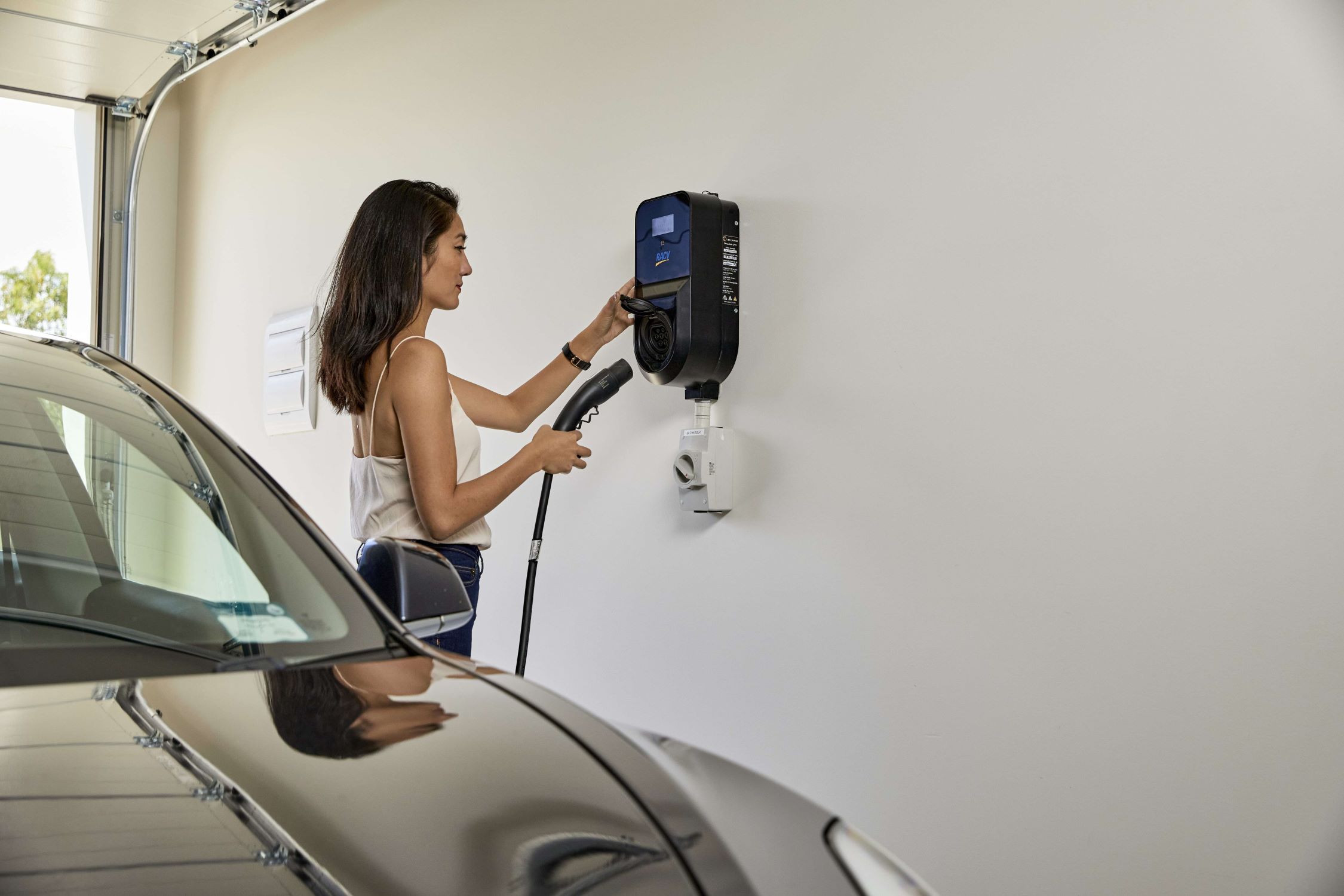
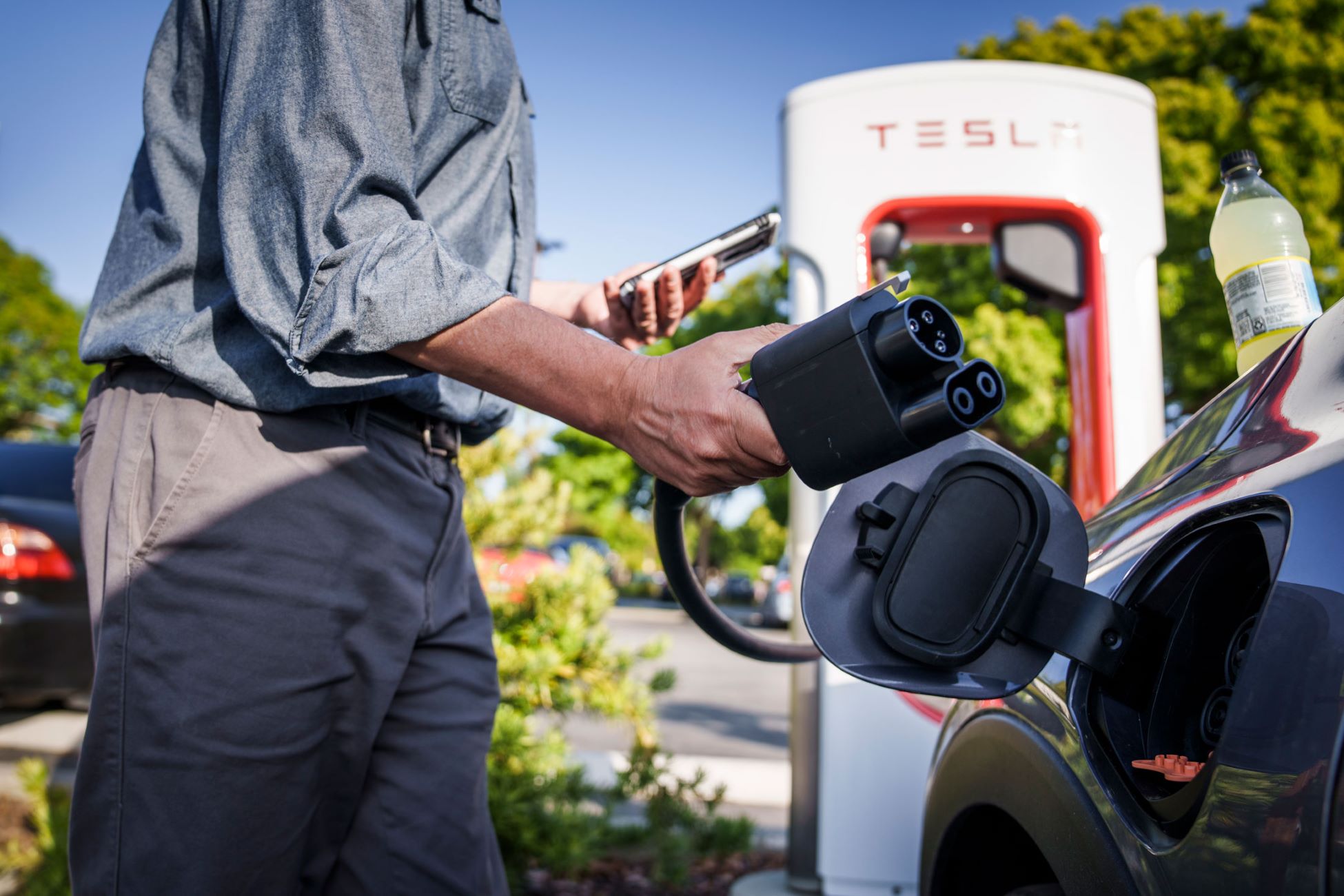
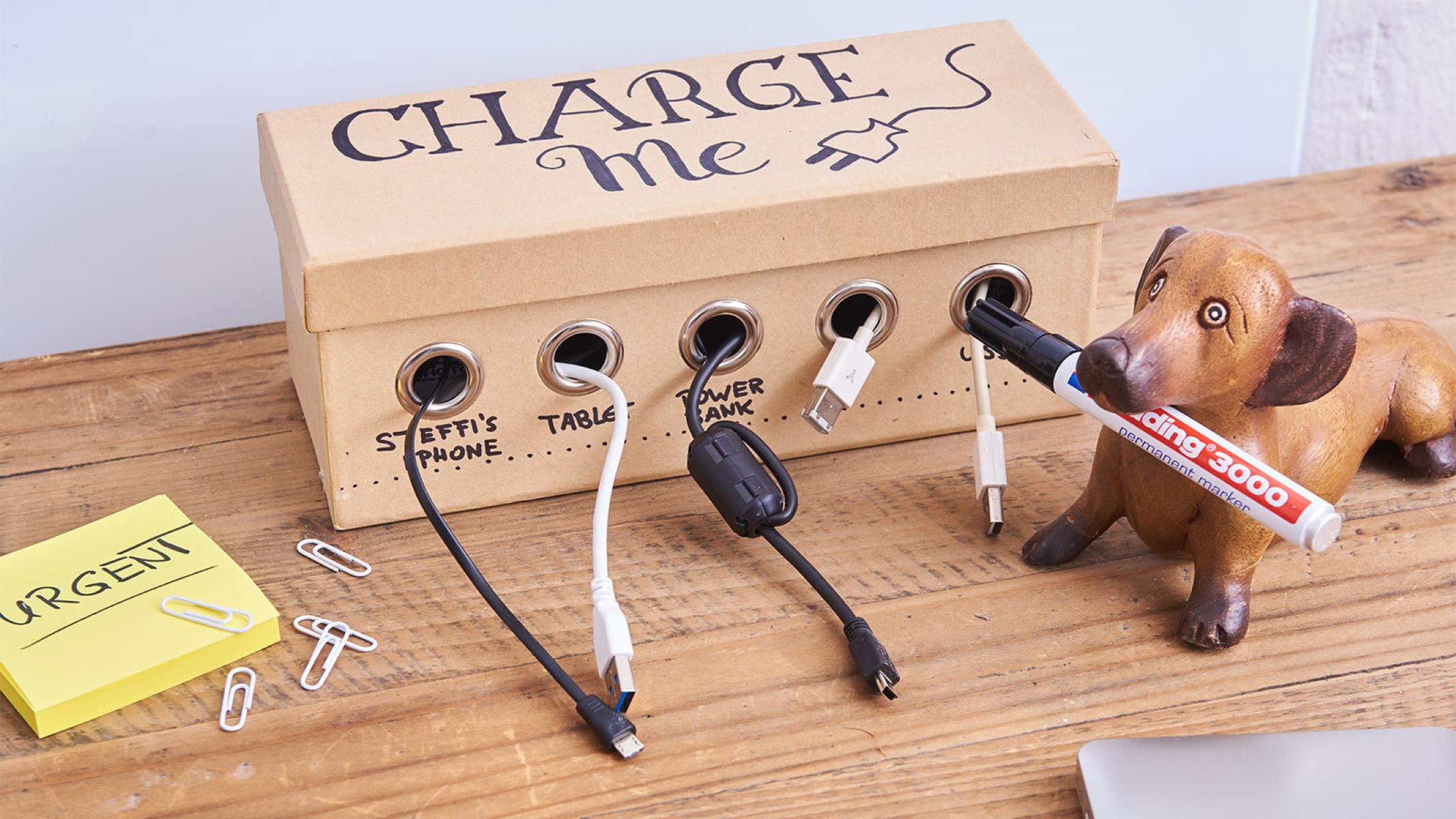
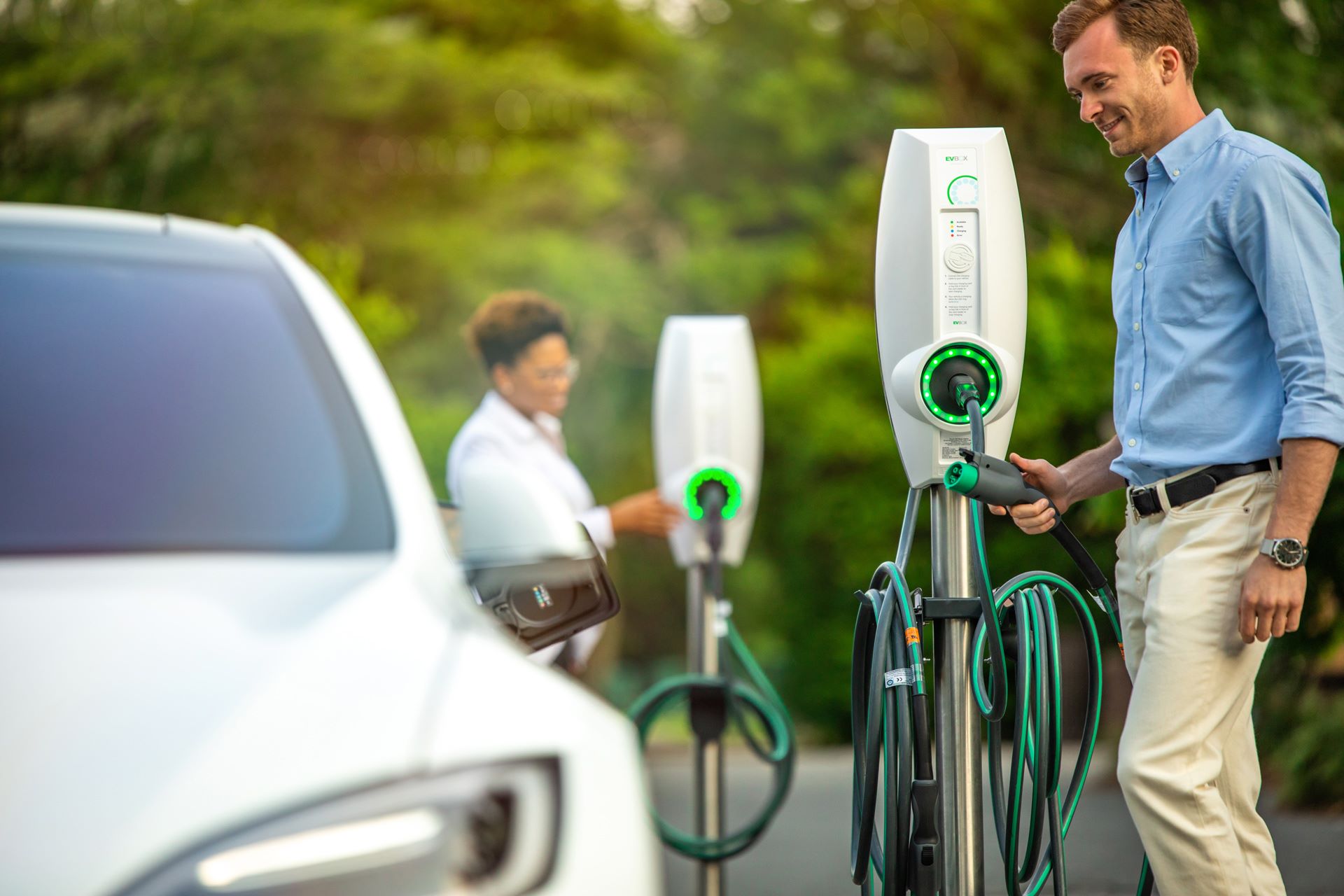
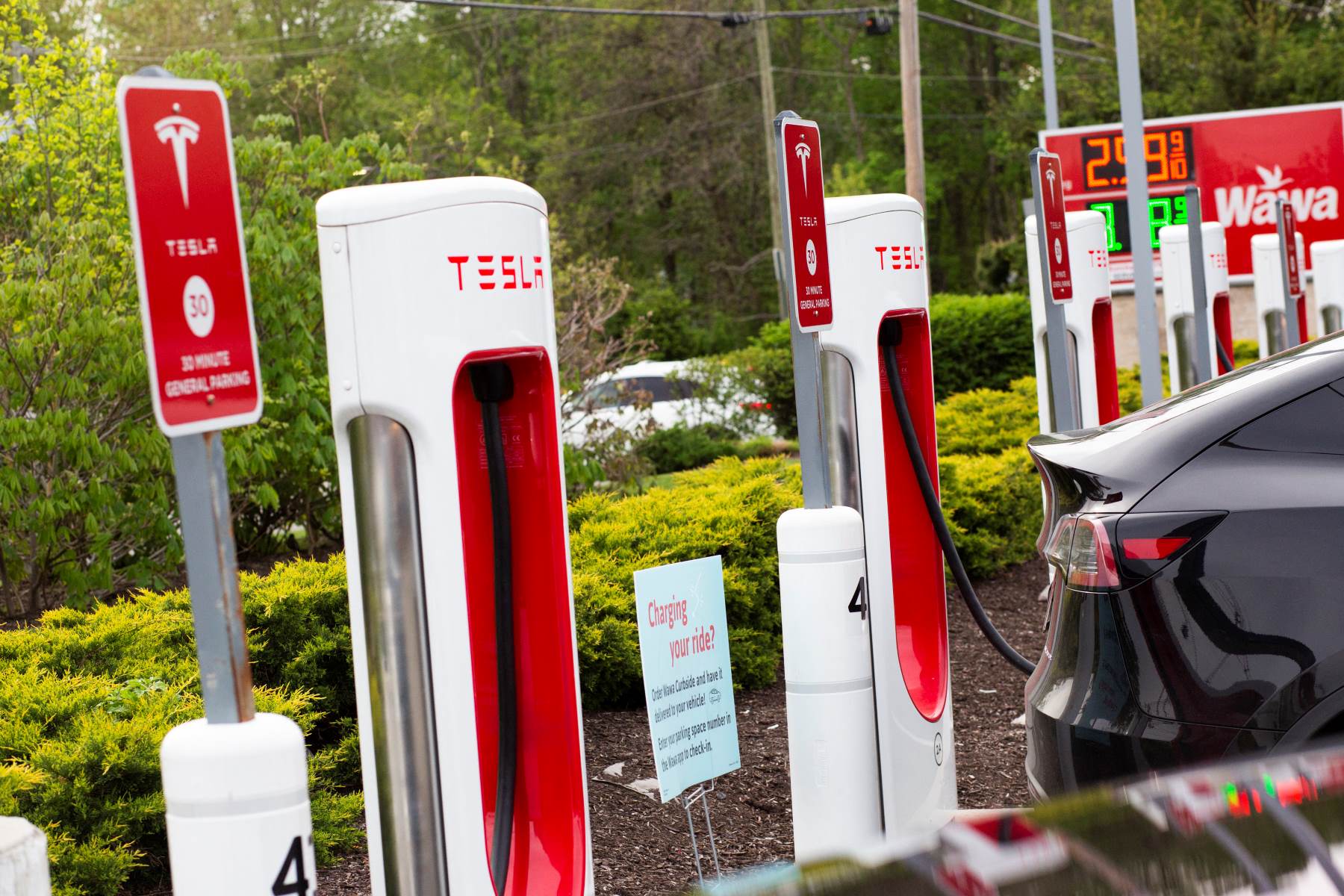
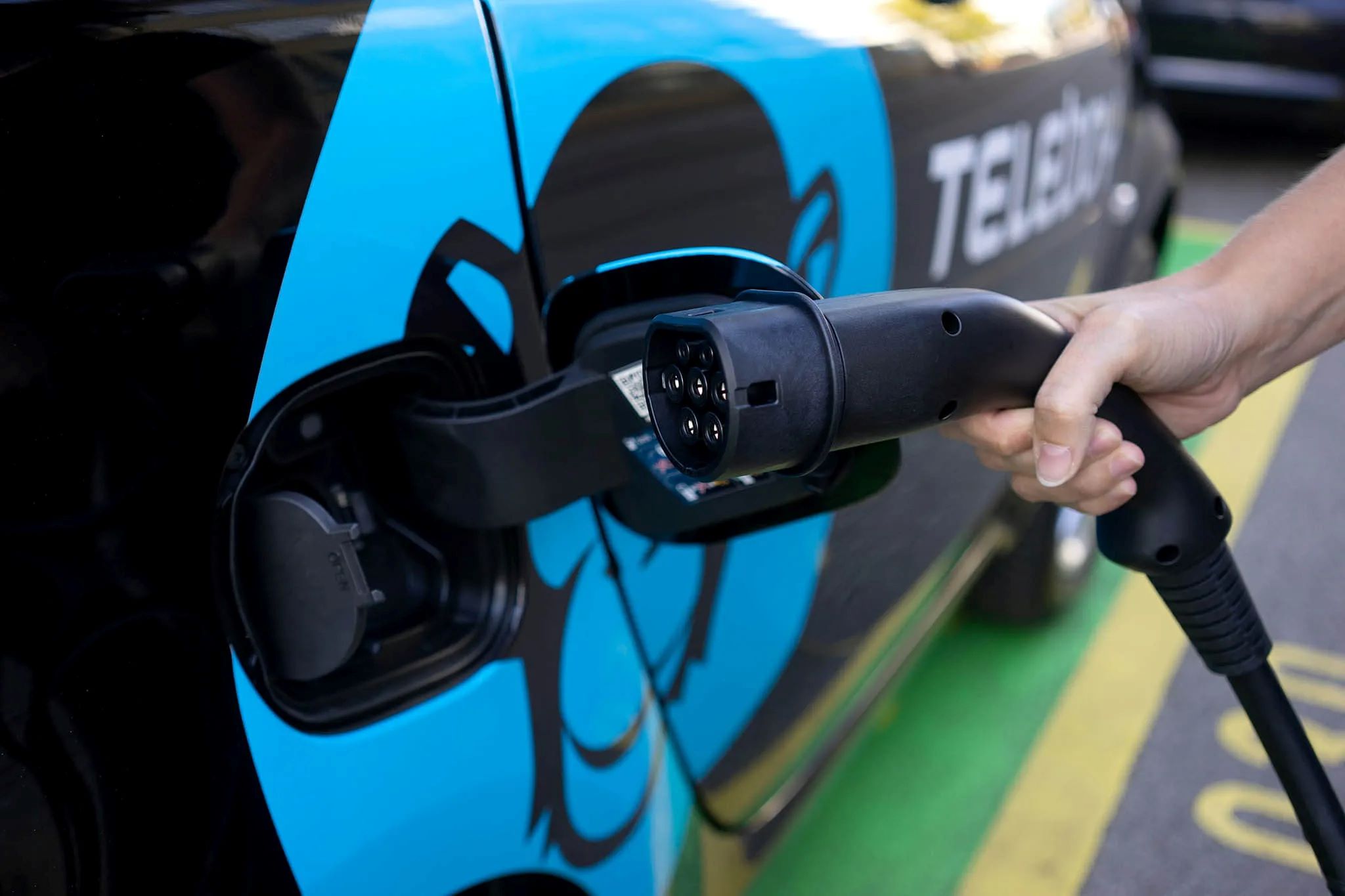
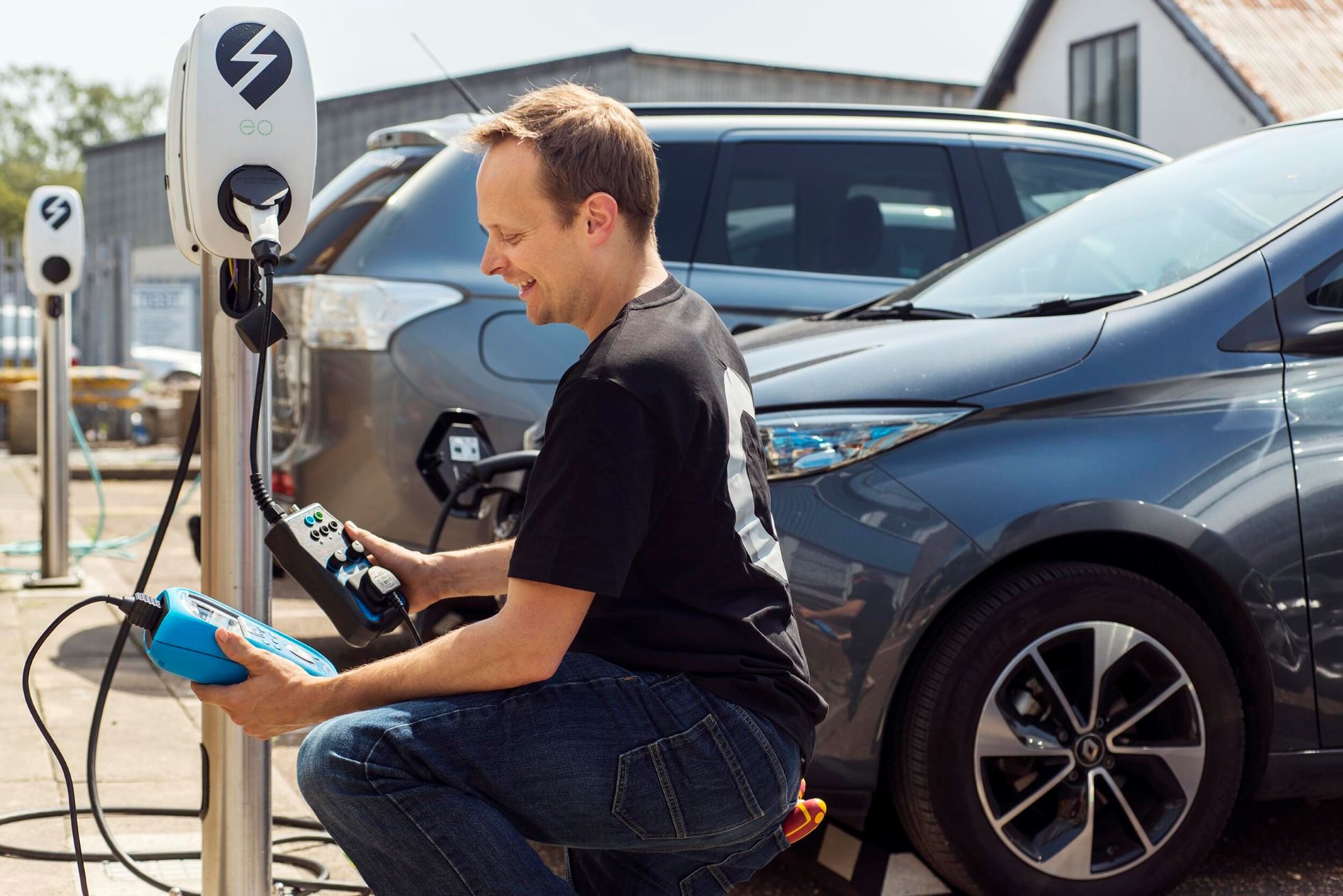
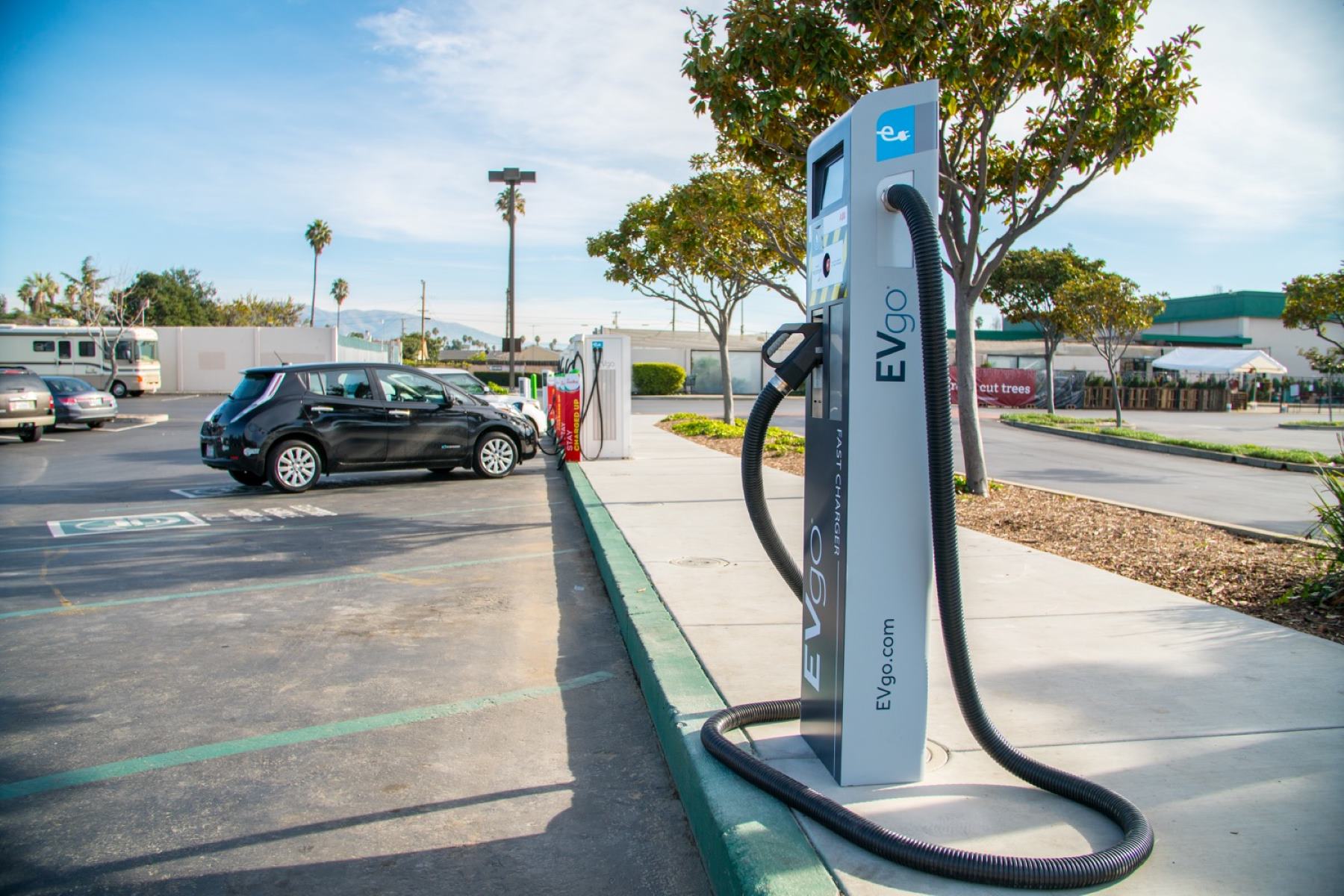
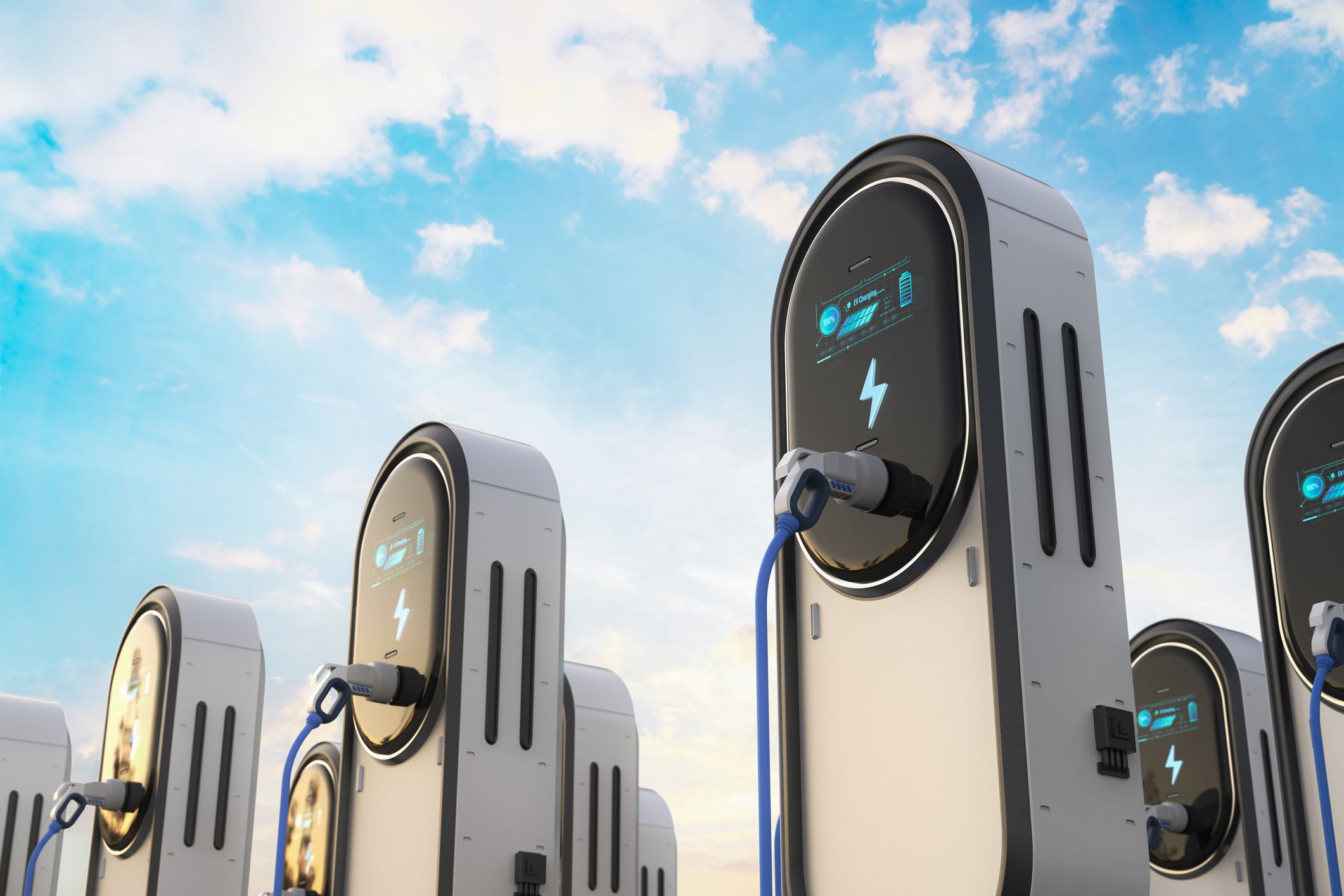
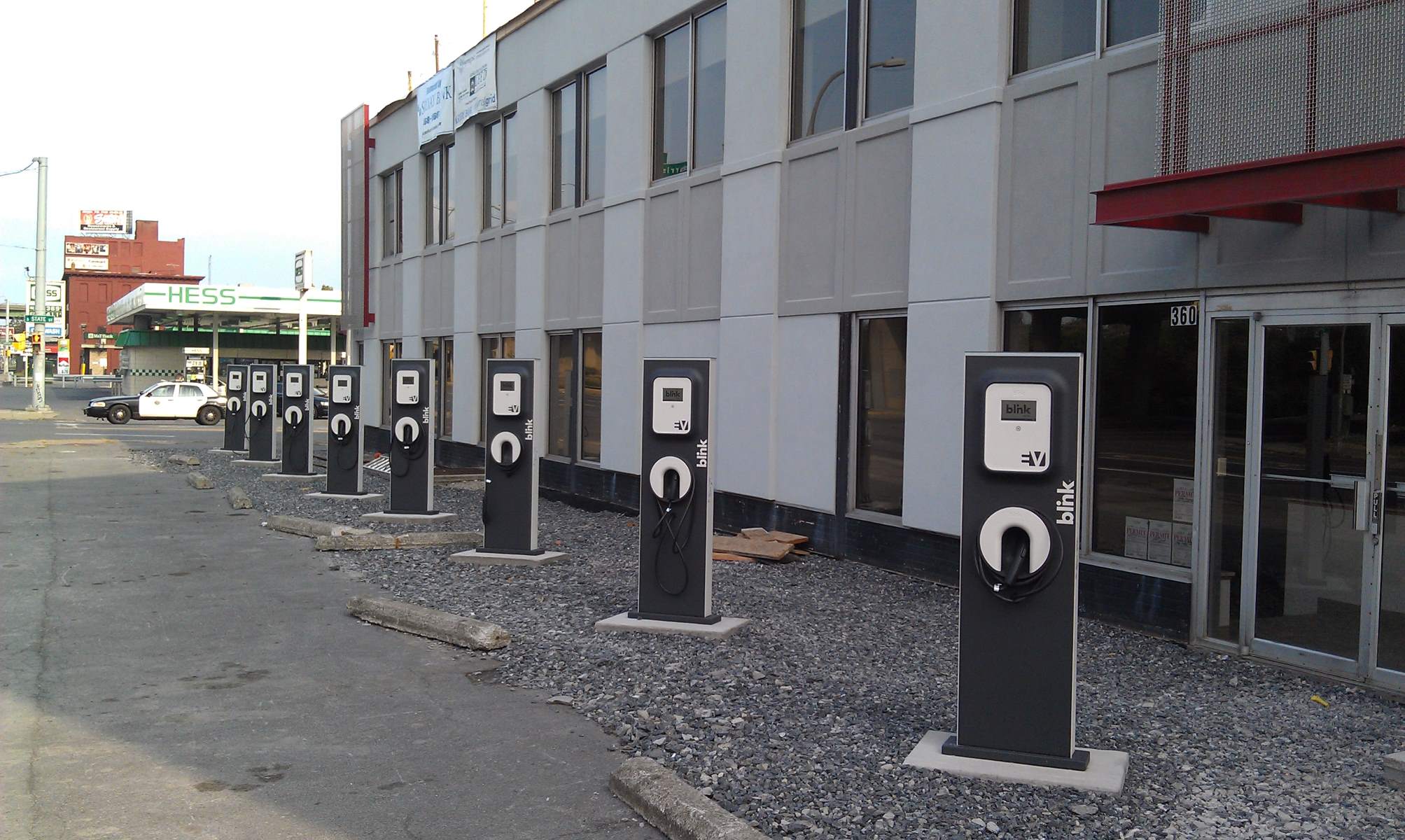

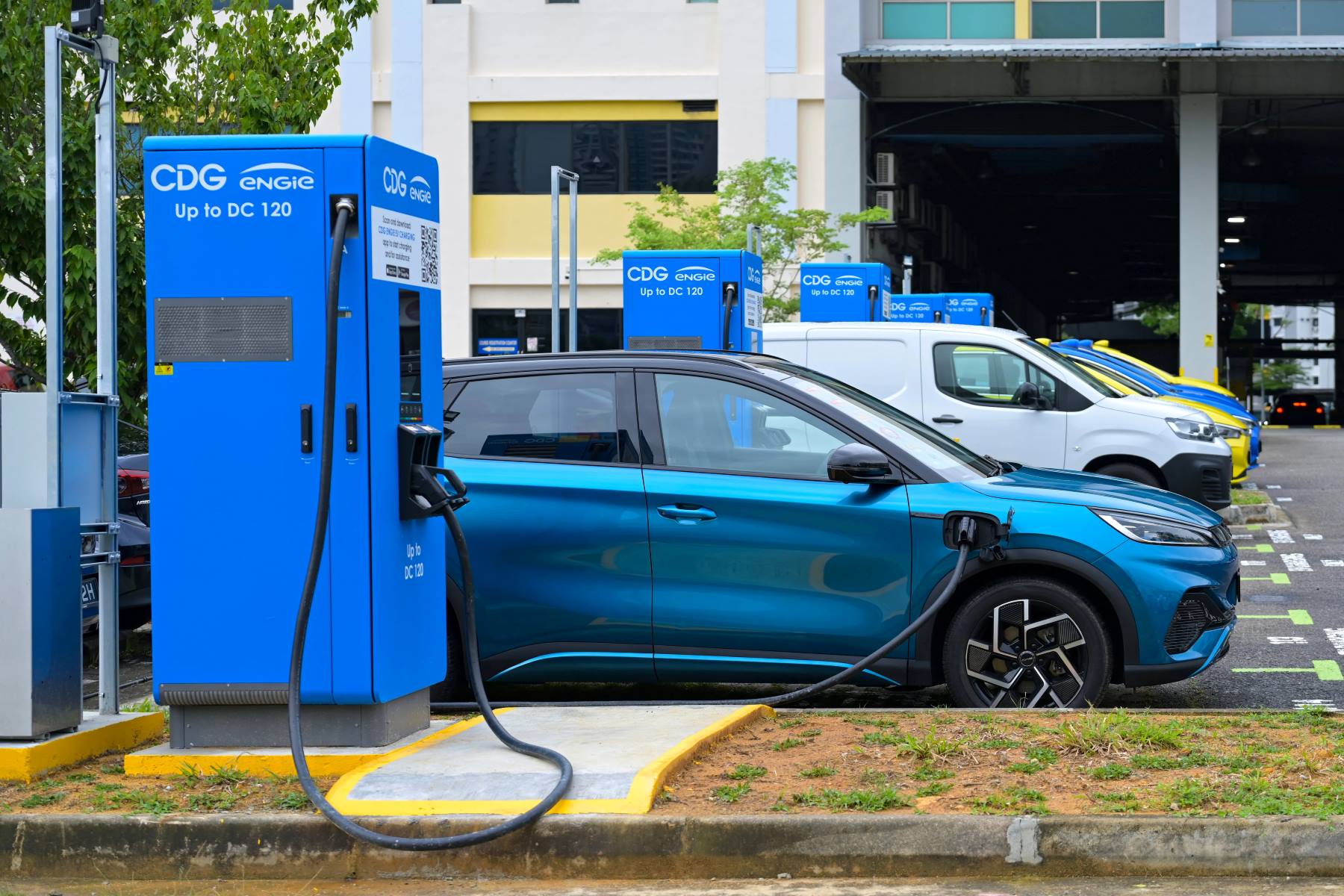
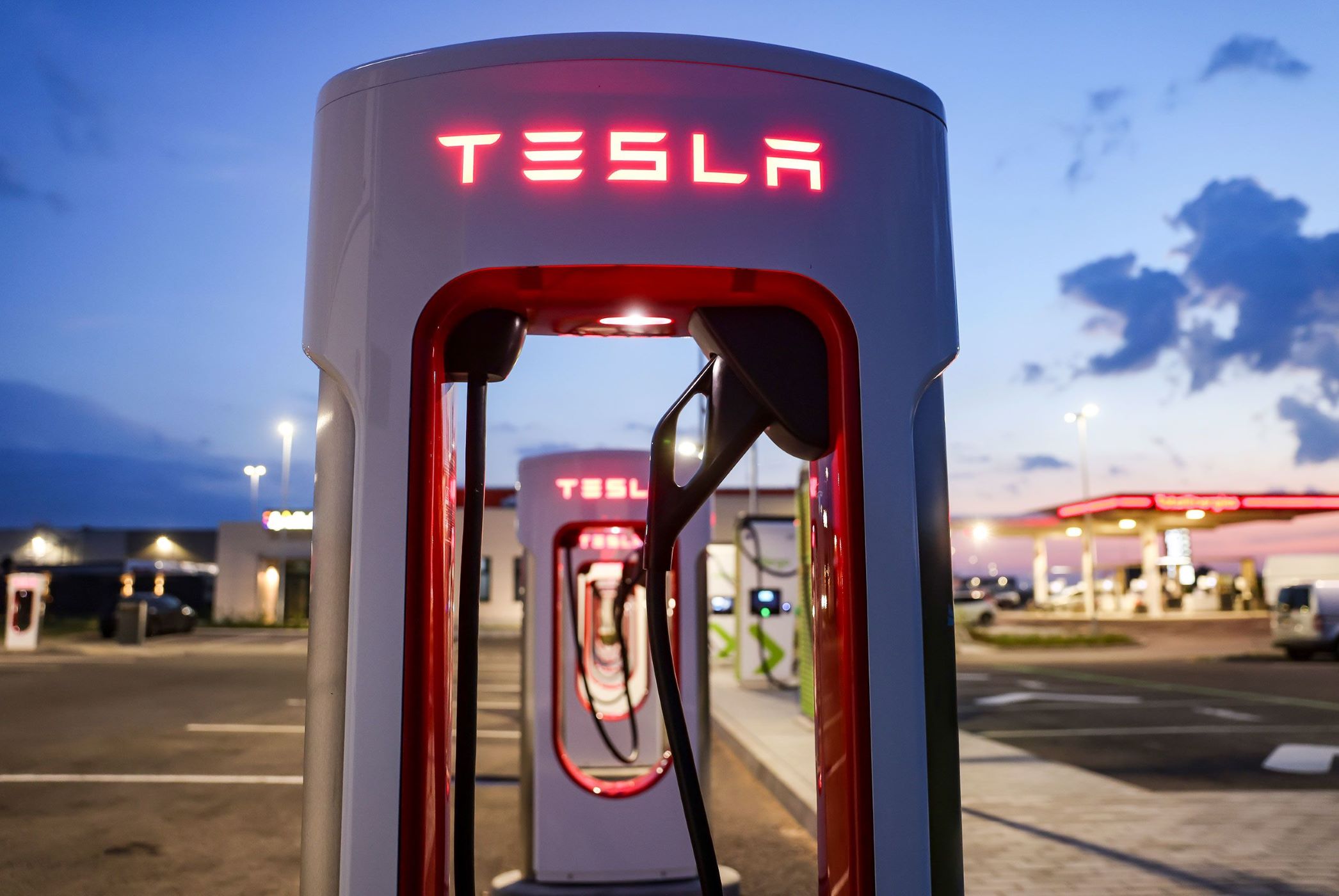
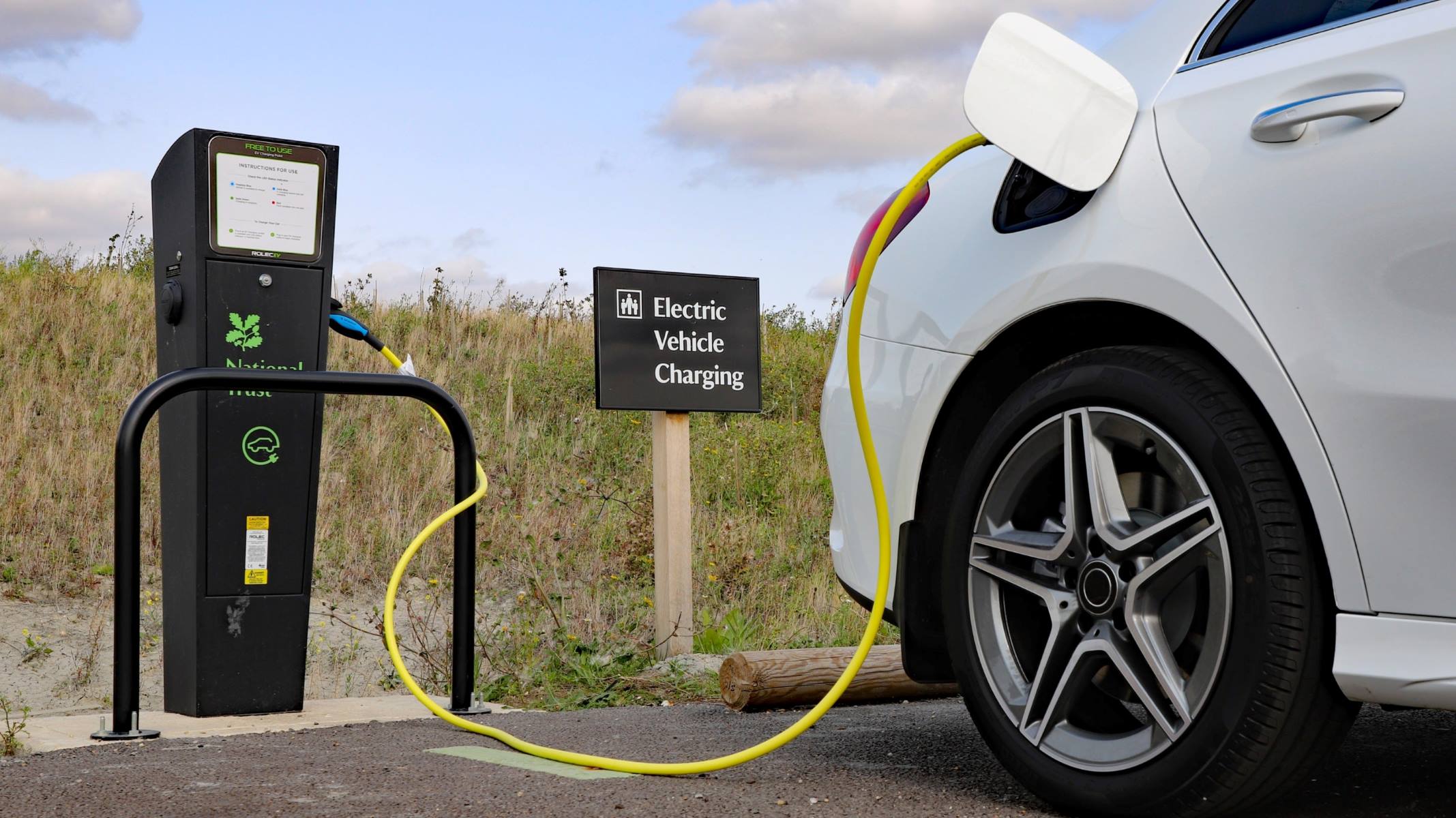

0 thoughts on “How To Become A Charging Station Installer”